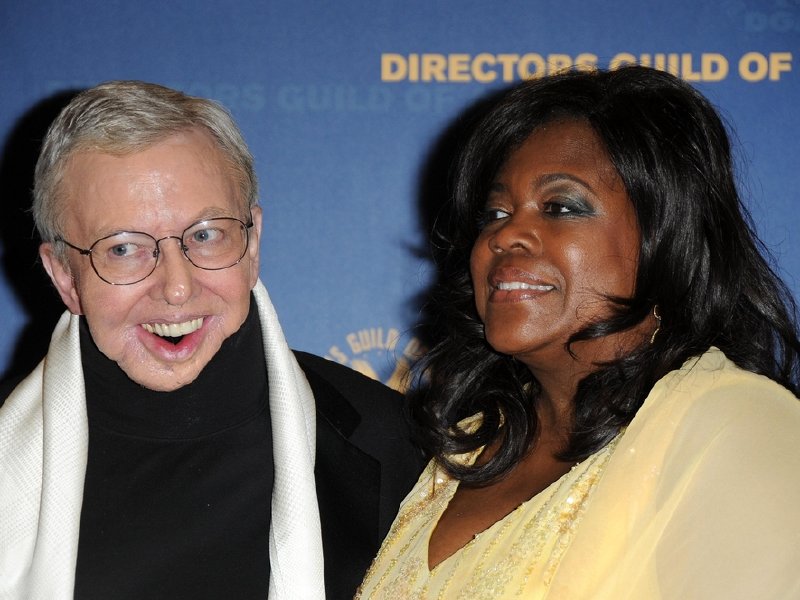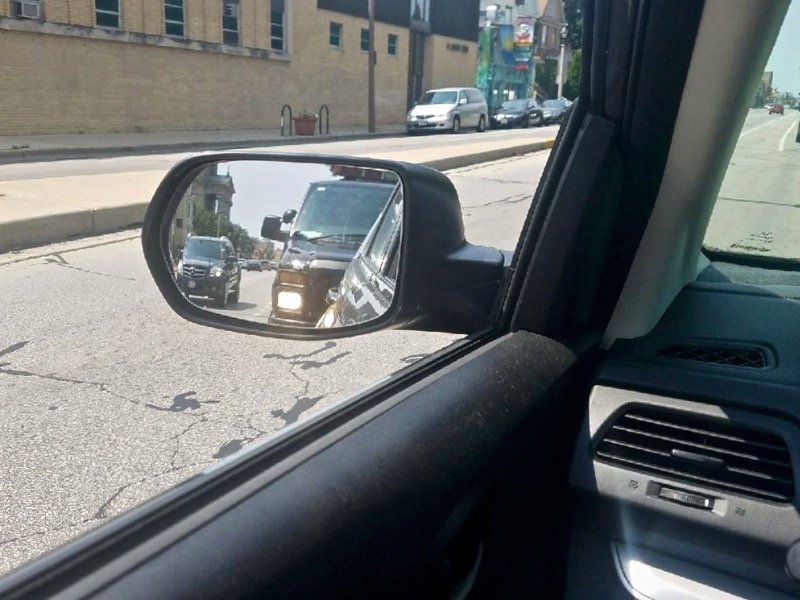Across the country, many writers will talk about the influence film critic Roger Ebert had on entertainment news and our society. His reviews with fellow critic Gene Siskel were legendary on each episode of "At the Movies."
In Milwaukee, we would watch the Chicago writers on multiple TV outlets through the years as the syndicated program bounced around the dial. Nationally, the two earned a greater audience through appearances on other shows, like the "Tonight Show."
As much as they hated each other at times, you always knew there was a brotherhood love there. I remember that truly came out when being interviewed by Johnny Carson. That was during the time when WTMJ-TV Ch. 4 and NBC were not getting along very well, and for some reason "The Tonight Show" aired on WVTV-TV Ch. 18.
But it was Ebert’s writing that brought him the attention he deserved. The man knew how to articulate emotional rides Hollywood directors wanted to take film viewers on. It was through the written word, and mostly while working for the Sun-Times, that he had his greatest impact.
"When I am writing, my problems become invisible, and I am the same person I always was," Ebert told Esquire in 2010.
In 2002, Ebert started his battle with cancer. He lost his ability to eat and talk, and lost most of his chin. Doctors reconstructed his face, and he’d smile at appearances. He was the embodiment of someone who wasn’t going to stop fighting. His battle ended on Thursday, at the age of 70.
In 1975, Ebert earned the coveted Pulitzer Prize for his reviews. In the same year he and Siskel started their TV experiment together at a public television station in Chicago. The show "Opening Soon at a Theater Near You" grew in popularity, grew into "Sneak Previews" and was syndicated to other public TV outlets. In the 1980s, the move was made to Tribune Entertainment and then Buena Vista Television. In 1999 Siskel died from a brain tumor. The show would go on for a time with Ebert and a rotating crew of other critics. In 2000, Richard Roeper, also with the Sun-Times, got the chair next to Ebert.
Later, after many health problems kept him off the air, he did do a short stint where a computer-generated face and voice using hundreds of hours of his video archive would articulate his reviews of newer films.
The lover of "Citizen Kane" and screenplay writer of "Beyond The Valley Of The Dolls" was known to speak his mind about the gimmicks Hollywood would use to oversell a bad product to the audience. He spoke his mind, and whether you agreed with his take on a film or not, he had to be admired for boiling down the art of storytelling on the big screen.
As much as he was in the public eye, he was a supporter of multiple causes and stayed out of the public eye. A former colleague of mine worked on a project for his film festival, and through emails he would share newspaper stories of the past. As evident through that and countless other stories of interactions with the man, he was truly generous with his time and spirit.
Godspeed.
Media is bombarding us everywhere.
Instead of sheltering his brain from the onslaught, Steve embraces the news stories, entertainment, billboards, blogs, talk shows and everything in between.
The former writer, editor and producer in TV, radio, Web and newspapers, will be talking about what media does in our community and how it shapes who we are and what we do.







